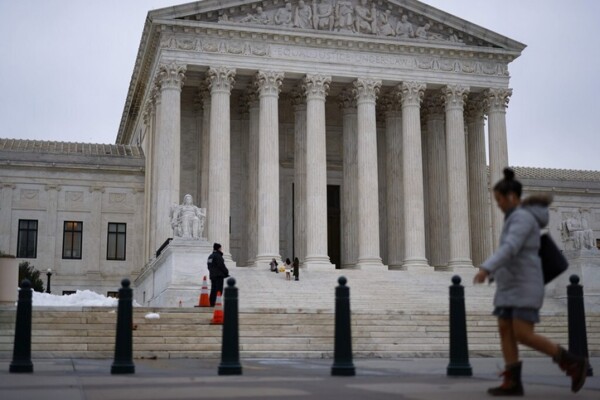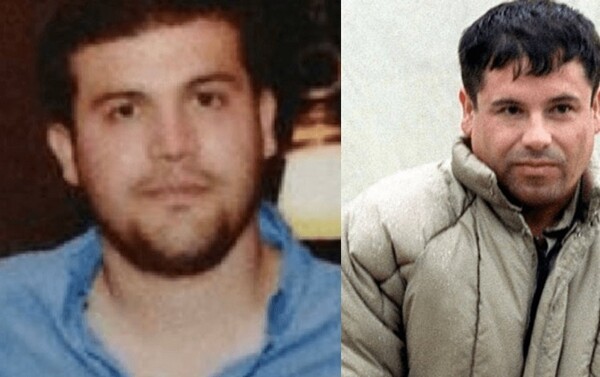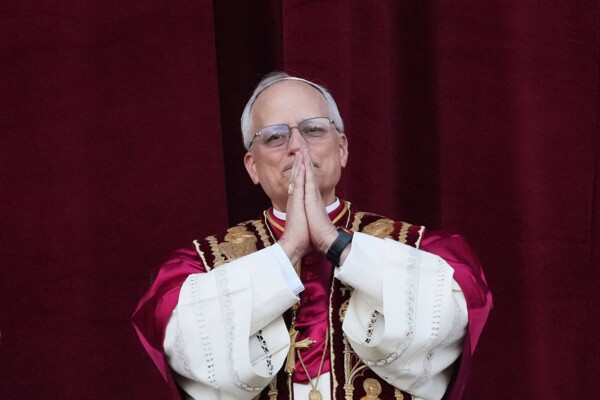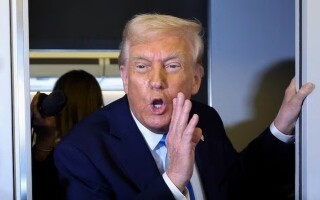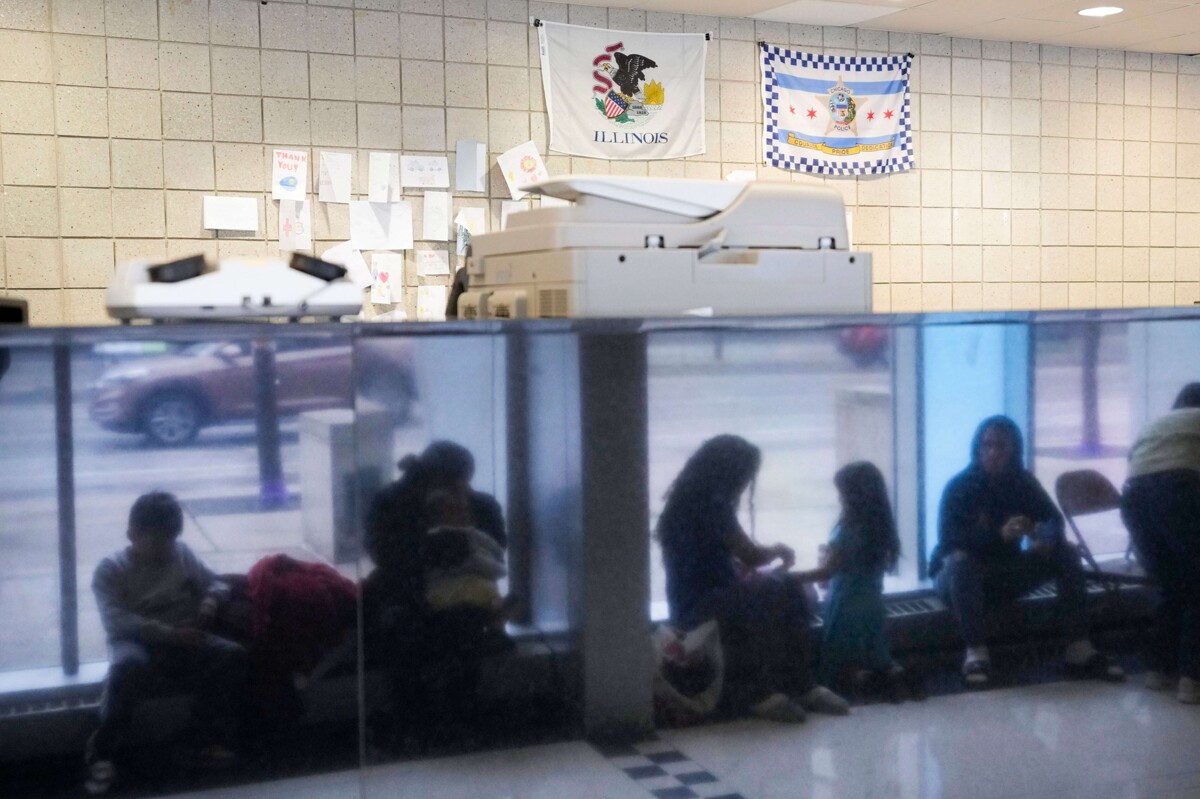
The government of President Donald Trump filed a lawsuit against Chicago, accusing the city of frustrating federal efforts in immigration law enforcement by maintaining 'sanctuary' policies. The lawsuit, which also includes the state of Illinois, is part of the Trump administration's efforts to combat cities that limit cooperation between federal immigration agents and local police.
The lawsuit highlights that the behavior of local authorities in Chicago and Illinois has allowed numerous criminals to remain at large in the city, despite the fact that they should have been detained for deportation from the country. Both places are known for having some of the strongest protections for migrants in the United States, which has drawn the attention of the federal government.
The new Attorney General, Pam Bondi, has led the government's efforts against sanctuary cities, ordering the end of Justice Department grants to jurisdictions that interfere with federal law enforcement. Despite this, courts have upheld the legality of sanctuary laws on various occasions.
In response to this lawsuit, local officials in Chicago, including Cook County Board President Toni Preckwinkle, have reaffirmed their commitment to being fair and welcoming communities for all residents. Both Chicago Mayor Brandon Johnson and Illinois Governor JB Pritzker have defended their territories' stance on law enforcement.
On the other hand, immigrant rights advocacy groups hope that the Trump administration will use various political tools to pressure sanctuary cities, from new legislation to threats of funding cuts. Although previous legal efforts have largely been rejected, the Trump administration persists in its stance against sanctuary policies.
The city of Chicago, which has been a sanctuary stronghold for decades, has strengthened its laws several times, even during Trump's administration. Studies have shown that individuals residing illegally in the United States are less likely to commit certain types of crimes compared to U.S. citizens born in the country, although this narrative clashes with President Trump's agenda.











